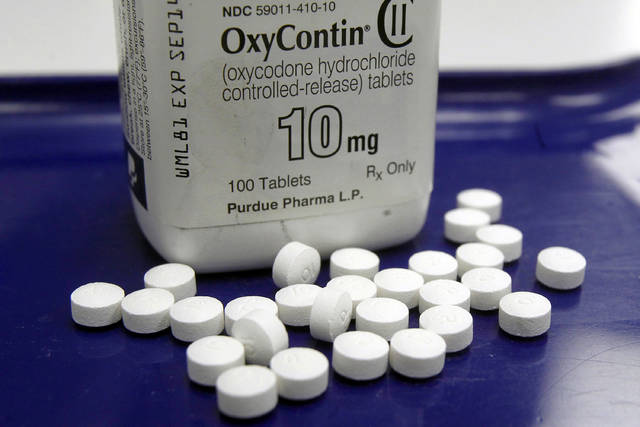What is the cost of a life lost to drugs?
According to Pennsylvania statutes, it is 40 years in prison. That’s the maximum sentence for drug delivery resulting in death.
It’s decades in a concrete-block box with a metal tray for a bed. It’s matching jumpsuits that identify you as a felon. It’s being strip-searched to look for contraband.
It is no-contact visits with loved ones and photocopies of letters from family instead of the paper they actually touched.
That is for one life.
And that is why Attorney General Josh Shapiro was right when he called the Purdue Pharma settlement offer “insultingly weak.”
Purdue, which makes and markets OxyContin — the drug that sits in the center of the spider web that is the national and statewide opioid epidemic, has been pursuing a settlement that would end all government lawsuits in one fell swoop. The Sackler family would give up control of Purdue, and the company would pay about $12 billion over time.
Not good enough, Shapiro said.
About 12 people die of opioid overdoses in Pennsylvania every day. Prescription medication like OxyContin is noted as a linchpin to the epidemic. Purdue built the drug’s popularity by marketing the narcotic as nonaddictive.
The Sacklers have an estimated net worth of $13 billion, according to Forbes.
“(This settlement) allows them to walk away billionaires and admit no wrongdoing. I don’t accept that,” Shapiro tweeted.
Instead, he filed a new lawsuit against the family, calling them personally liable.
A company should be held liable for the actions it takes. With a company such as Purdue that is owned by one family instead of a network of stockholders, that liability should be borne personally as well.
The law cannot treat drug manufacturers — with a phalanx of lawyers and an army of highly paid marketers who enticed doctors to prescribe the medication — any differently than it would a street corner dealer that made a deal for a $10 hit.
If anything, the responsibility of a legitimate drug company should be higher. No one goes to the guy on the corner for help. People died — and continue to die — because of addictions suffered from taking legal drugs they were assured would ease their pain, not end their lives.
The cost of those lost lives still has to be paid, and anything short of that concrete box is a bargain.








